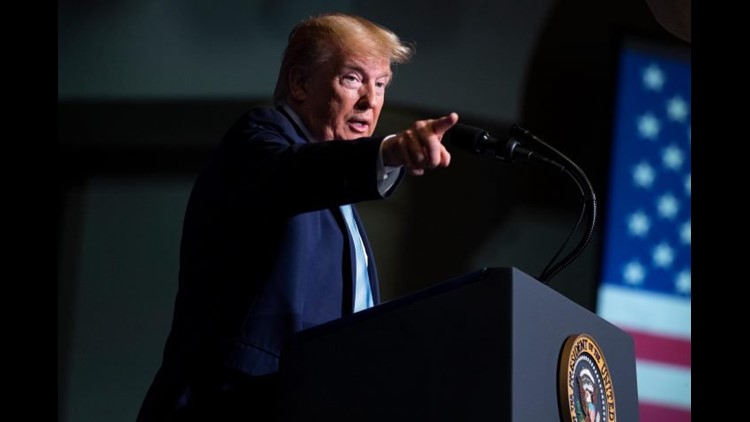The US military does not expect to conduct additional strikes against Iranian-backed groups in Iraq or other locations unless the United States comes under attack, according to a US official directly familiar with the information.
There is currently intense discussion inside US military and intelligence agencies to assess whether Iran might be preparing some type of retaliatory strikes in the next few days or may wait for some time following the US airstrike that took out the commander of Iran’s security and intelligence services.
There are indications that Iran has ramped up the readiness of its short and medium-range ballistic missile force inside Iran, the official said since the death of Qasem Soleimani, Iran’s top military general.
While that does not mean a strike by Iran is imminent, the US is conducting intense surveillance by satellite and other means to determine how soon missiles — which are liquid-fueled — might be ready.
“There are conflicting views” on whether Iran will quickly launch a retaliation or wait for some time, but US military defenses are ready, according to the official.
The US would not likely launch preemptive strikes against Iranian missile sites inside the country unless there was compelling evidence they were ready to fire.
Iranian President Hassan Rouhani said Saturday the United States committed a “grave mistake” in killing Soleimani and that Americans “will face the consequences of this criminal act not only today, but also in the coming years.”
It’s expected that it will be Iran’s Supreme Leader Ayatollah Ali Khamenei making any final decision to order a potential strike against the United States.
If the US gets intelligence confirming that he has ordered an attack, it could mean President Donald Trump would then have to decide if he wants to take preemptive action.
For Trump — a President wary of war who promised to end American conflicts overseas — the strike marked an inflection point in a long-simmering standoff with Iran that will undoubtedly lead to further confrontation.
There was serious debate within the administration leading up to the strike, officials familiar with the matter said, describing an overarching concern that killing Iran’s military leader would lead to dramatic and unpredictable escalation.
Trump on Friday said he ordered the death of Soleimani, one of Iran’s most powerful men, to stop a war, not start one, as tensions between the two nations were already escalating.
Trump said Soleimani was plotting “imminent and sinister attacks” on Americans.
With Soleimani’s death, it’s less clear where the Supreme Leader is getting military advice, which is complicating the US intelligence picture.
More US troops sent to Middle East
Meanwhile, the US is deploying thousands of additional troops to the Middle East as tensions with Iran mount.
The additional troops — about 2,800 soldiers — are from the Immediate Response Force of the 82nd Airborne Division in Fort Bragg, North Carolina. A US defense official told CNN on Friday that the move was expected, and the Pentagon later confirmed the deployment in a statement provided to CNN.
CNN previously reported that the forces had been placed on prepare-to-deploy orders and would be sent to the region if the situation merited it.
Following the disturbance at the US Embassy in Baghdad earlier this week, the US deployed 750 troops from the unit and said that additional deployments were possible. The latest deployment sends the rest of the brigade to the Middle East, putting the number of US service members deployed there this week close to 3,500.



